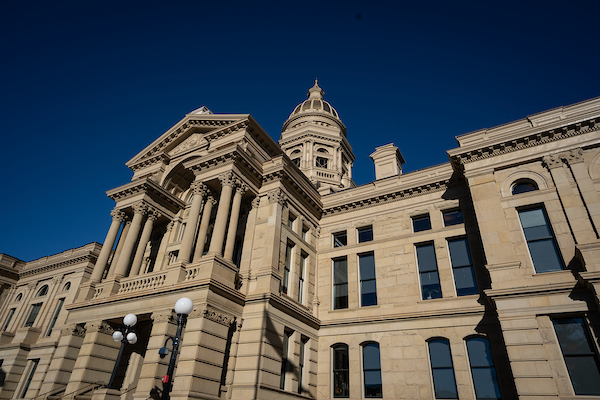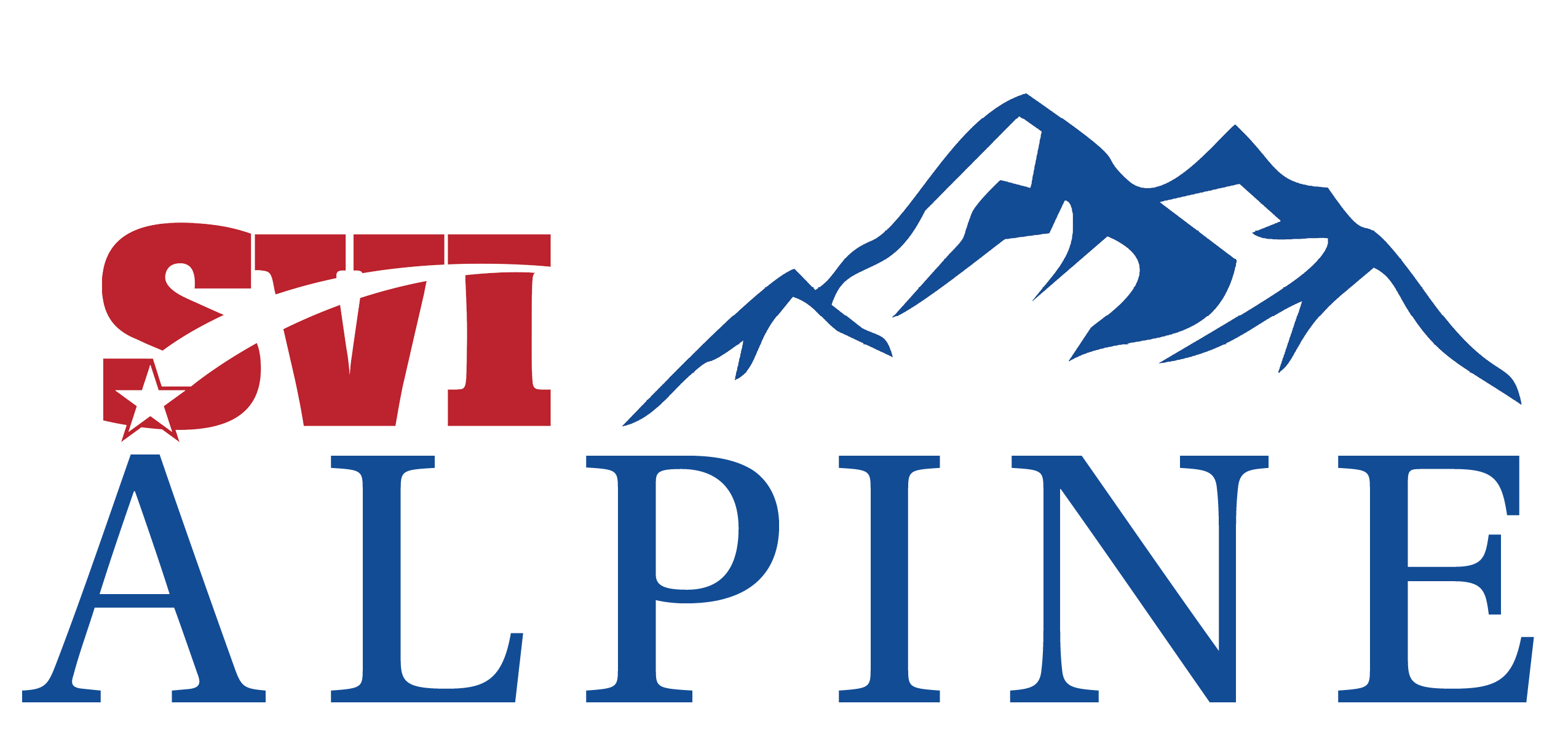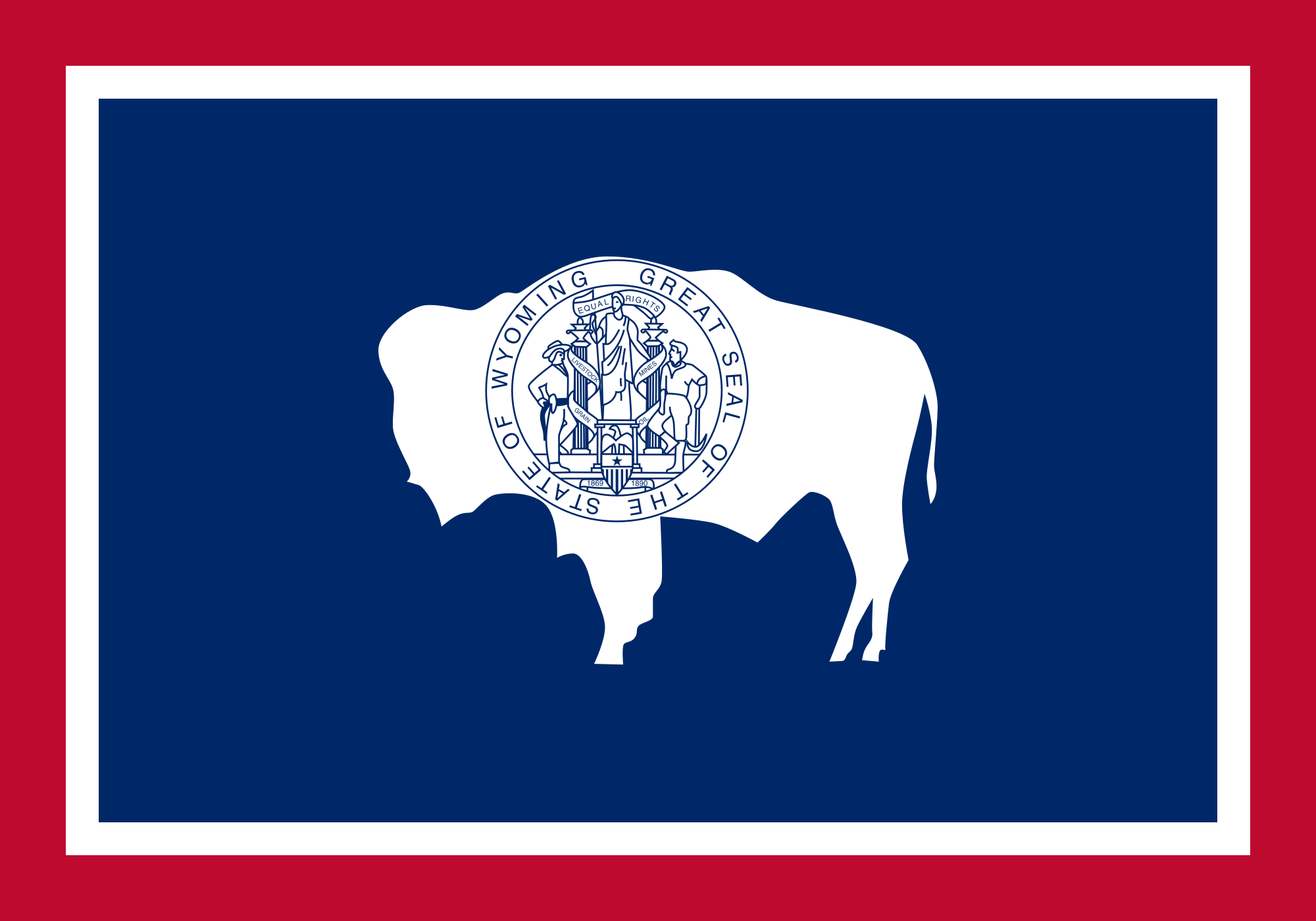Legislative committee to hear results of transparency task force
By Wyoming News Exchange
October 27, 2025

An exterior view of the Wyoming State Capitol Building February 13, 2024 in Cheyenne. Photo by Michael Smith
By Marit Gookin
The Ranger
Via- Wyoming News Exchange
RIVERTON — If something belongs to you, should you have to pay to access it?
On the other hand, if a government employee has to take significant time away from other work tasks to fulfill your request for a public record, isn’t that an additional cost for that government body?
The tension between those two questions is at the heart of the debate over Wyoming’s public records laws, which the Wyoming State Legislature’s Joint Corporations, Election, and Political Subdivisions Committee is slated to discuss on November 3.
Currently, government officials can charge any fee they deem “reasonable” for access to public records, which, as this newspaper has shown in some cases, has led to practices such as passing on attorney fees and assessing people fees in the thousands to view documents that are a matter of public record.
“Our Sunshine Week investigation and government audit in 2024 showed that there are no legal constraints in Wyoming when it comes to these kinds of fees. Citizens and the media, and those of us standing up for taxpayers, we’re supposed to be the government watchdogs. But here we have no teeth,” said Ranger/Lander Journal Managing Editor Sarah Elmquist Squires.
“We saw in Weston County, the clerk’s office there during the [alleged] mistakes in the general election, the fees and delays the county tried to impose when locals tried to investigate – we saw how these costs can be weaponized, used as a deterrent,” she said.
At the end of this year’s legislative session, the Joint Corporations, Election, and Political Subdivisions Committee selected its topics for the interim. Among those topics was taking a hard look at Wyoming’s Public Records Act.
“It seems there are government entities that are using the so-called cost … to discourage government data requests,” Committee Chairman Sen. Cale Case, R-Lander, said in an interview earlier this year. “Those kinds of things are discouraging to me, and tell me we still have problems.”
Squires has previously described these fees as a “transparency tax.”
Testimony about the problems with current statute at the committee’s first meeting in Lander in May raised some issues that many legislators appeared to find troubling: A lack of consistency in fees, local governments defying or ignoring the state’s public records ombudsman, everyday Wyoming citizens such as Jackson’s Sandy Ress finding that the law’s loopholes left them with little recourse when governments fail to uphold transparency.
At the time, Squires and News Letter Journal Publisher and Editor-in-Chief Bob Bonnar brought some suggested fixes to the committee, asking for a standardized fee schedule, tighter timelines for governments to respond to requests, and stricter penalties for transparency law violations.
When the committee met again in Casper, it had some items drafted to consider.
Public Records Ombudsman Darlena Potter objected to some of the particulars, suggesting a more studied approach. The committee formed a working group that has been making progress on developing bill drafts and ironing out wrinkles in the weeks since.
“It was incredible that the Corporations, Elections and Political Subdivisions Committee took this up as a priority this interim session, and that they are ready to fix this loophole,” Squires, who is a part of the working group, remarked. “Wyoming needs to be able to keep an eye on the government. And we should be able to do it without having to pay hundreds or thousands of dollars to the government we already pay for. These records are important, and they already belong to us.”
Some of the working group’s tasks have included grappling with strong opposition from some local governments to the proposed reduced response times.
From the original suggestion of a 10-day window in which to respond, Potter suggested a compromise option of 20 days. And the suggestion of raising the penalty for Public Records Act violations to a maximum of $2,000 remains up in the air, as well – but the working group appears to have made progress on the issue of standardizing data fees.
One issue that was brought up as essential to keep in mind are out-of-state data mining requests, which can be extremely large and challenging for small Wyoming municipalities to fulfill.
Some communities already address this by requiring in-person records inspection; Case said this seemed like a sensible approach, and suggested that the committee could look into separating commercial and public interest records requests.
At the committee’s upcoming November 2-3 meeting in Cheyenne, Potter will be delivering an update on the working group’s progress and recommendations; she’s scheduled to speak at 1:30 p.m. on November 3.
While it seems that there may be some kind of legislation about data fees coming out of this year’s conversations, the broader issue of more sweeping reforms to Wyoming’s government transparency laws appears poised to carry on into the next interim. Case encouraged those with ideas about how Wyoming can improve its transparency laws to submit specific written proposals to Potter and the committee.
The committee’s full agenda can be found at https://www.wyoleg. gov/Committees/2025/J07; click on the “details” button next to the November meeting information to view the agenda, meeting materials, sign up to testify, and find the link to watch the meeting livestream.
Written testimony can also be submitted in advance of the meeting by emailing committee chairs Case and Rep. Christopher Knapp, R-Gillette, at cale.case@wyoleg.gov and chris.knapp@wyoleg.gov.
The above story may be used ONLY by members of the Wyoming News Exchange or with the express consent of the newspaper of its origin.

